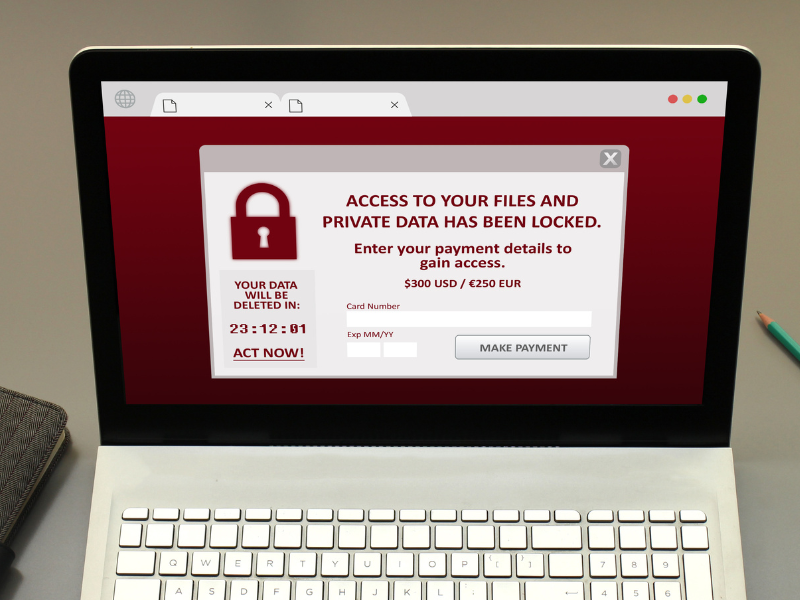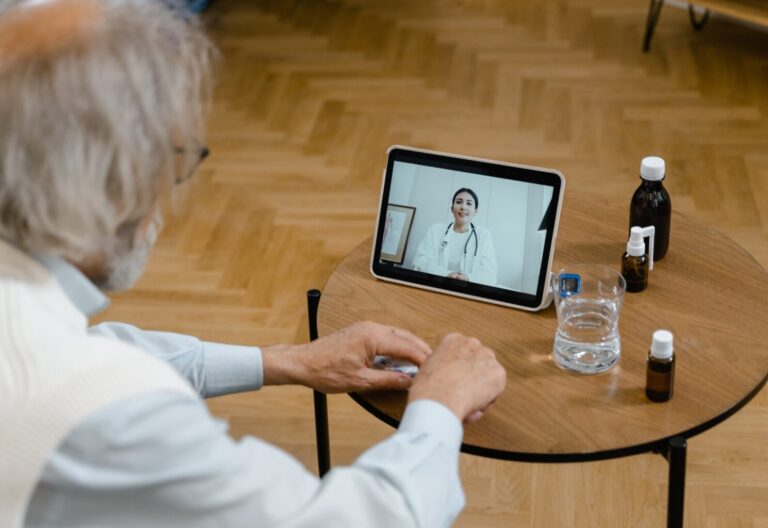June 27, 2023
In an era where sensitive information is increasingly stored and shared digitally, privacy breaches have become a significant concern in various industries. One sector that has experienced alarming incidents is healthcare, where the sanctity of patient data is crucial for maintaining trust and ensuring optimal care.
This article delves into the privacy breaches in healthcare, shedding light on recent incidents rattling the industry. From unauthorized access to cyberattacks, we explore the cases that compromised patient data and examine the profound impact these breaches have on individuals and healthcare organizations and the broader implications for data security.
Recent News Headlines

Metro Health System: Employee Privacy Breach Uncovered
Metro Health System in Cleveland, Ohio, recently made an alarming discovery. One of its employees gained access to patient records without any valid work-related justification. The Metro Health System privacy breach came to light on April 27, 2023, and an ensuing investigation revealed that this unauthorized access had persisted over a span of 15 years, with the earliest incident dating back to 2008.
During this breach, the accessed information encompassed patient names, dates of birth, and clinical details. Fortunately, no Social Security numbers or financial data were compromised.
Emphasizing their commitment to patient welfare, a spokesperson for Metro Health assured that appropriate disciplinary action had been taken against the employee in accordance with their sanctions policy. Furthermore, there is currently no evidence indicating the unauthorized sharing or misuse of the accessed patient data. Metro Health is actively reaching out to the affected individuals via mail, ensuring that they are promptly informed about the incident. Additionally, steps are being taken to enhance the organization’s privacy practices.

CoxHealth Data Compromised in Cyberattack on Billing Vendor
Springfield, Missouri-based CoxHealth has recently confirmed an alarming incident involving the compromise of patient data resulting from a cyberattack that occurred in January 2023. The cyberattack targeted CoxHealth’s billing vendor, Intellihartx, and was executed by the Clop ransomware group. Exploiting a vulnerability within Fortra’s GoAnywhere Managed File Transfer (MFT) solution, the attackers illicitly obtained sensitive information and demanded a ransom to prevent public disclosure.
According to CoxHealth, an estimated 203,000 patients may have had their protected health information (PHI) unlawfully accessed during the breach. The data included critical details such as names, addresses, birth dates, Social Security numbers, diagnoses, and billing and insurance information. Although the 203K figure represents the maximum potential impact, determining the precise number of affected individuals remains challenging. In response to the incident, Intellihartx has extended a gesture of goodwill by offering complimentary credit monitoring and identity theft protection services to those impacted by the breach.
SoutheastHealth: Potential Vendor Breach and Patient Data Exposure
SoutheastHealth, located in Cape Girardeau, Missouri, recently issued a statement regarding an incident involving a potential data breach at their vendor, Intellihartx (ITX). The medical facility became aware of SoutheastHealth patient data exposure when they received a letter from ITX disclosing the exposure and potential theft of their protected health information.
The breach encompassed a range of sensitive data, including names, addresses, dates of birth, billing details, insurance information, diagnoses, medications, and Social Security numbers. However, SoutheastHealth promptly confirmed that its own systems remained unaffected by the attack.
It is important to note that there is no existing business relationship between SoutheastHealth and Intellihartx, and the medical facility has not yet received any official notification from Intellihartx confirming their inclusion among the affected companies.

Impact on Patient Data: Understanding the Consequences
Recent studies have revealed an alarming truth: healthcare organizations face a threefold higher risk of falling victim to cyberattacks compared to other industries. Compounding this vulnerability is the laidback approach to cybersecurity adopted by many healthcare companies and hospitals, providing hackers with a fertile hunting ground.
The consequences of a healthcare data breach on patient data extend far beyond the immediate incident. The aftermath of a cyberattack thrusts hospitals and healthcare professionals into a state of panic, necessitating eliminating threats, fortifying vulnerable systems, and substantial investments of time and money to restore damaged reputations.
On the other hand, patients incur financial losses and lose trust in the organization. As a result, they can be reluctant to get urgent care, which would worsen their medical concerns. In addition to sowing doubt about healthcare providers, hackers can directly imperil patient health by orchestrating targeted attacks, such as ransomware incidents. The consequences of ransomware attacks are chilling, particularly for patients undergoing critical medical procedures. This nightmarish scenario places patients in imminent danger and underscores the pressing need for proactive cybersecurity measures within healthcare centers.
Security Measures and Response: Addressing Privacy Breaches in Healthcare
Considerations for resolving privacy violations in healthcare include the following:
Preventive Measures:
- Implement stringent access controls and authentication protocols to limit unauthorized access.
- Employ encryption methods to protect data.
- Conduct routine security audits and vulnerability assessments to identify and address potential weaknesses.
- Educate staff members on data privacy best practices and the importance of safeguarding sensitive information.
- Stay updated with the latest security technologies and procedures to mitigate emerging threats.
Response Guidelines:
- Create an incident response strategy that explains the precise actions to be performed in the case of a privacy violation.
- Establish a specialized response team to identify, contain, and minimize breaches.
- Create contact channels with all necessary parties, such as patients, governing entities, and law enforcement organizations.
- Inform those affected of the breach and the steps being taken to reduce harm promptly and transparently.
- Conduct rigorous forensic investigations to find the breach’s underlying cause and stop such incidents in the future.
Review and improve security procedures based on the insights learned from the hack.
Collaboration and Compliance:
- Foster collaboration with industry peers, sharing best practices and knowledge to enhance data security collectively.
- Stay compliant with relevant data protection laws, regulations, and industry standards.
- Review and regularly update privacy policies and procedures to meet evolving security requirements.
- Engage in continuous training and awareness programs to ensure staff members remain vigilant and informed about privacy practices.







